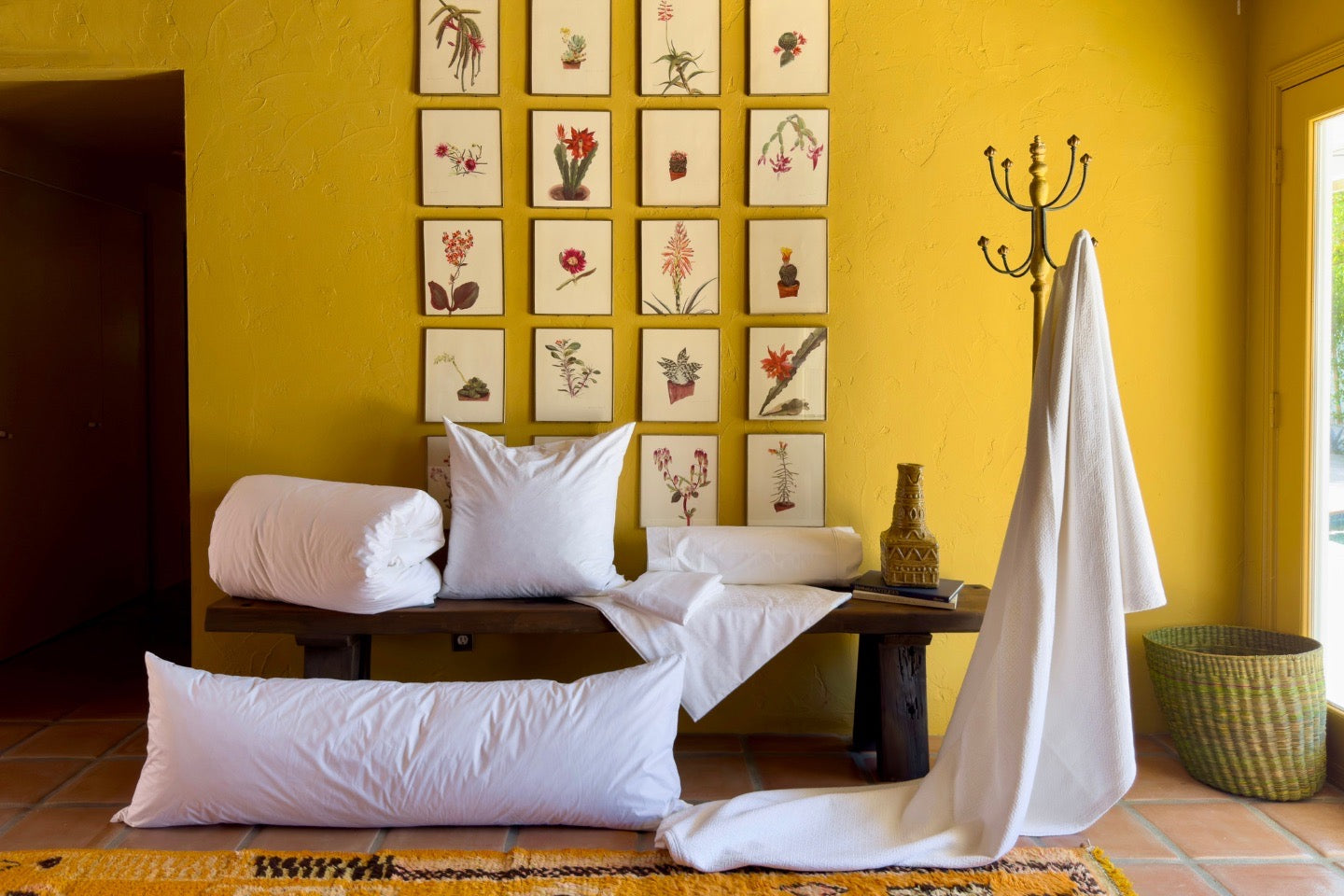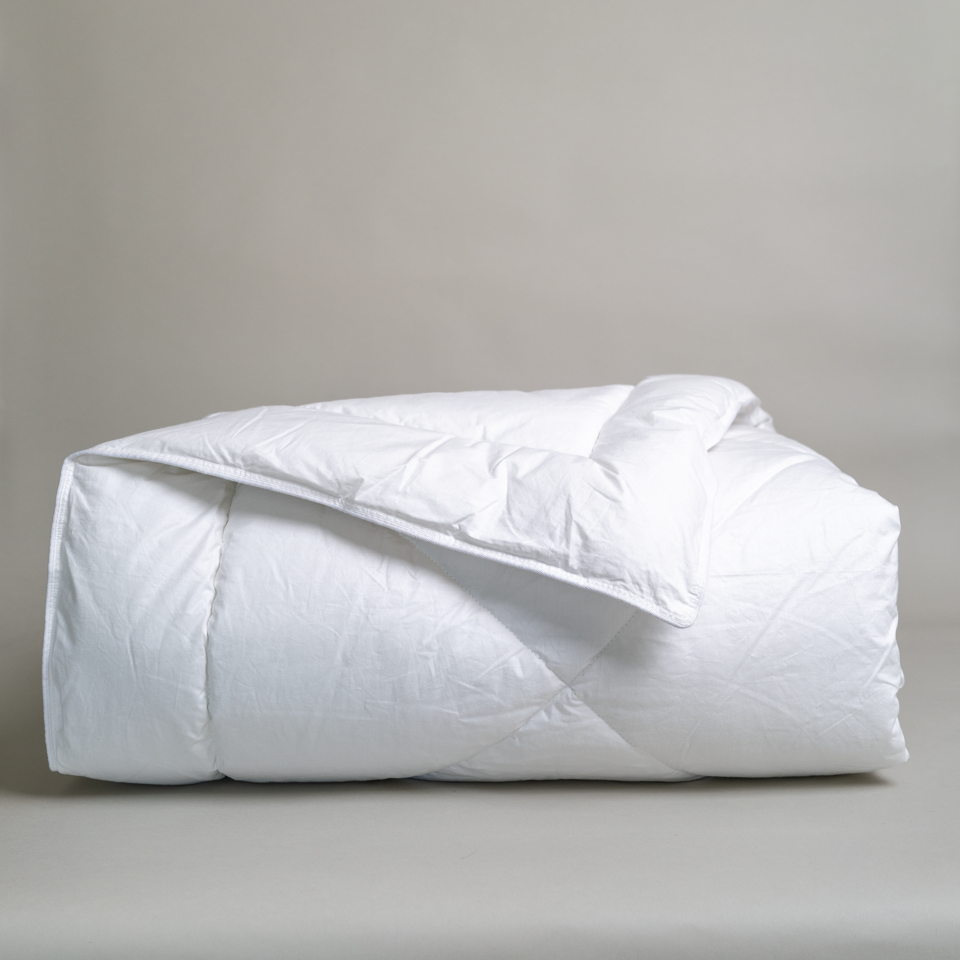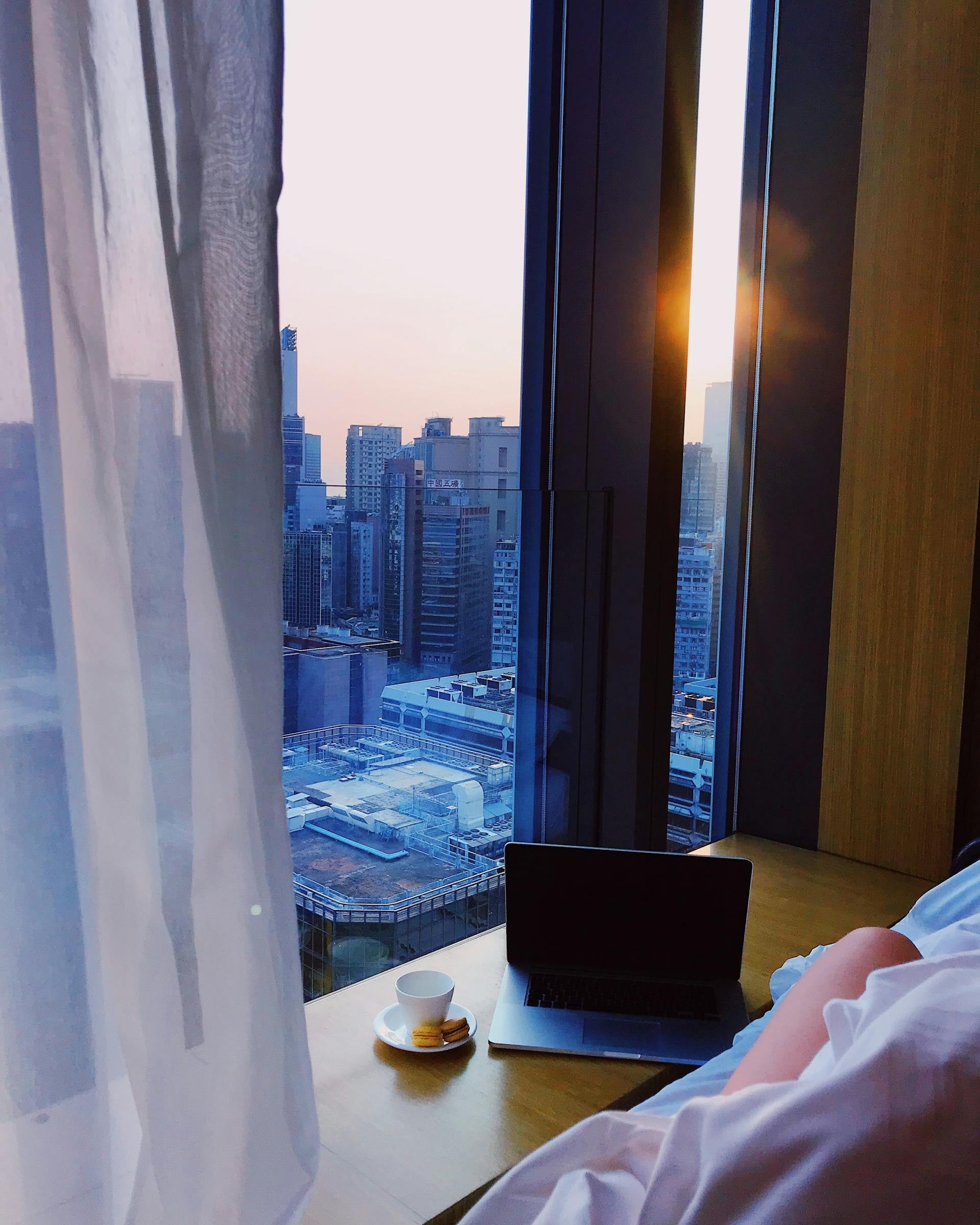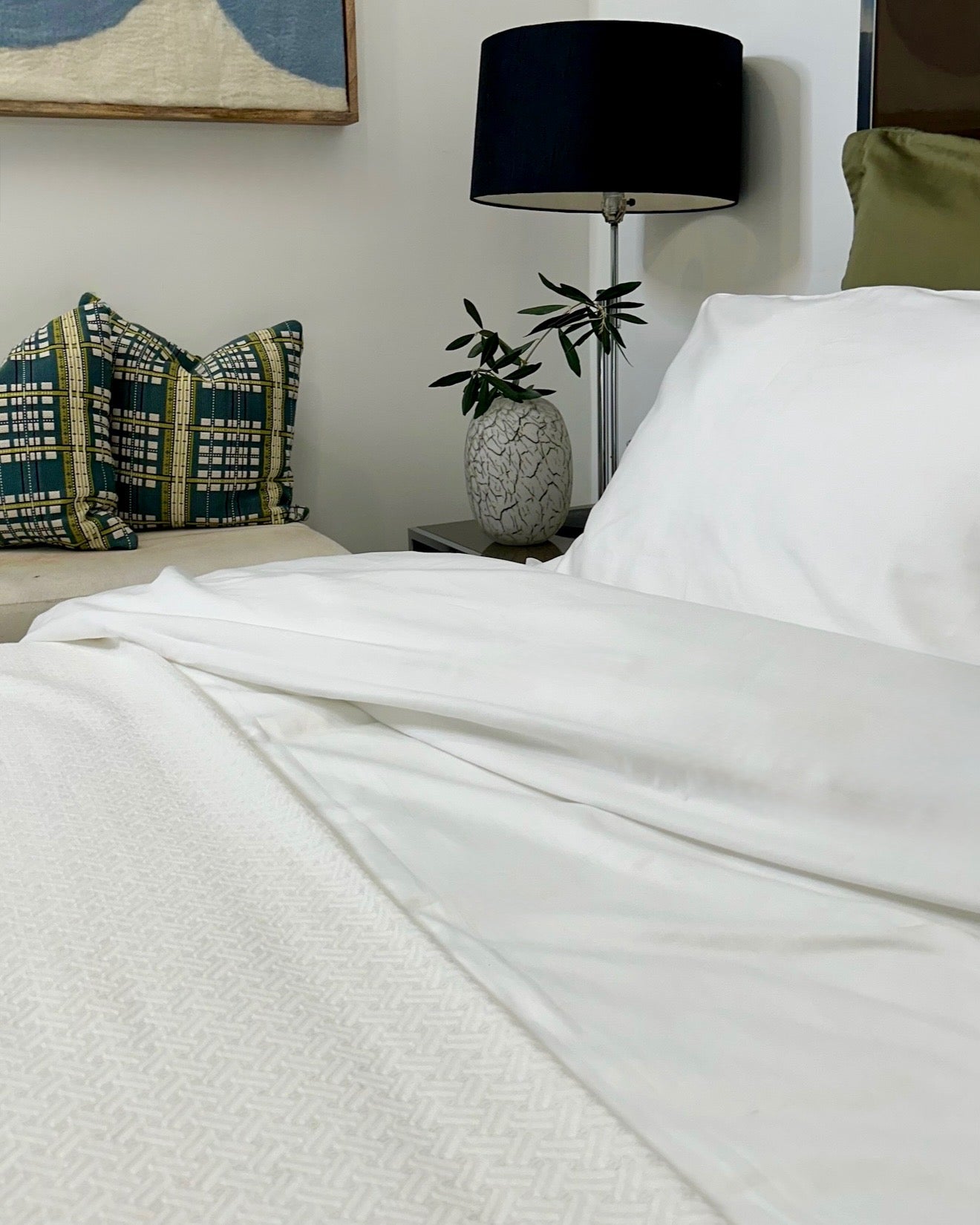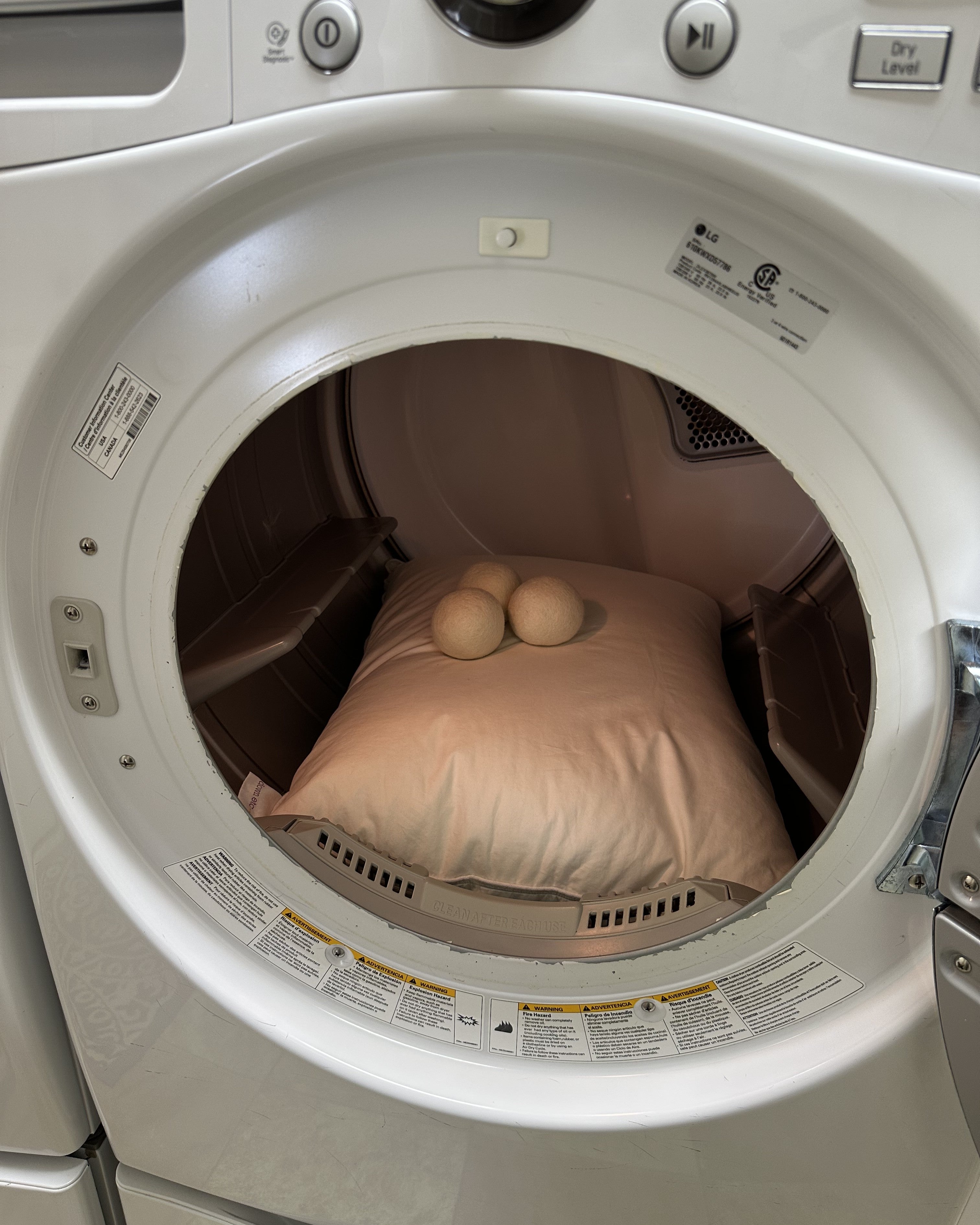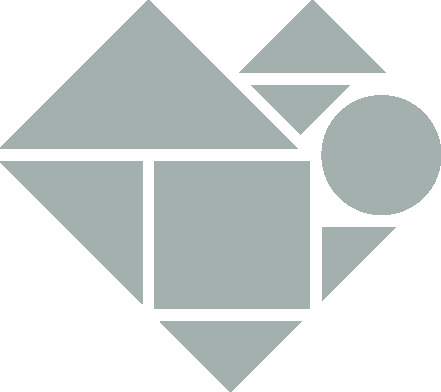Sleep goals are simple to list; we want to fall asleep faster, sleep better, and wake up refreshed. However, like any resolution, getting more and better sleep is easier said than done. That’s why we have no doubt the technological, medical, and lifestyle innovations around sleep of the last few years will continue in 2025.
How Will You Get Sufficient, Quality Sleep in 2025?
Last year was another banner year for the introduction of sleep tools. There is no doubt we will continue to see sleep trend in 2025. Here are some of the items we’ve been following:
- Artificial Intelligence: AI is popping up everywhere and sleep is no exception. Incorporation of AI into sleep technologies has played “a role in the assessment, diagnosis, and management of sleep disorders,” according to a review of AI in Journal of Clinical Sleep Medicine. Sleep technologies are available to consumers to provide feedback “for lifestyle management and awareness regarding their sleep or identify those at risk for sleep disorders.”
- Wearable Technologies: Watches, rings, and other wearable technology allow for real-time sleep monitoring outside of a sleep clinic. Following Samsung, Apple Watch received FDA approval for sleep apnea detection. Sleep medicine experts advise the technology only complements, but does not replace, professional evaluation.
- Light Therapy: We’ve shared articles on the reasons exposure to morning light is critical for your circadian rhythm, as well as the ways in which morning light can improve symptoms of seasonal affective disorder. New devices, as well as apps for your current devices, will continue to help you to optimize your wake-sleep cycles by achieving sufficient exposure to morning light.
- Anti-Snoring Devices: The Mouth Guard+, an anti-snore device, received FDA clearance in 2024. It’s not the first and won’t be the last.
- Restless Legs Syndrome Guidelines Revised: “13% of Americans report that they have been diagnosed with RLS,” which “is a neurological disorder typically characterized by the urge to move the legs, frequently paired with uncomfortable sensations, such as twitchy, achy, or crawly sensations,” according to the American Academy of Sleep Medicine. These sensations begin in the evening or when people are lying in bed, leading to loss of sleep. The guidelines for treating RLS significantly changed in 2024 from previous guidance published in 2012 with respect to evaluation and treatment so, if you are one of the more than 10% of Americans suffering symptoms of RLS, 2025 is the right time to check with your medical provider.
- Drug Therapy for Obstructive Sleep Apnea: The FDA approved Zepbound as a treatment option for obese adults with obstructive sleep apnea. The American Academy of Sleep Medicine recognized this as “another treatment for this sleep disorder” in addition to “positive airway pressure therapy, oral appliance therapy, surgery, and upper airway stimulation.” The AASM noted “Zepbound is only effective for cases of sleep apnea that are related to obesity.”
- Sleep Supplements: Magnesium may support good sleep by promoting muscle relaxation and calming your mind, according to a study by the University of Alabama cited in goodhousekeeping. That’s probably why it’s included in “sleepy girl mocktail” recipes. According to an article by the MD Anderson Cancer Center, however, you do not necessarily need a supplement to achieve the recommended daily amount of magnesium as foods rich in magnesium include leafy greens, nuts, lean proteins, and whole grains. Always talk to your doctor before taking any supplements.
- Sleep Coaching and Cognitive Behavioral Therapy for Insomnia: Cognitive behavioral therapy is recommended by the AASM “as first-line treatment for chronic insomnia in adults.”
- Sleep Travel Trends: In 2024, we shared an article on sleep tourism, which means traveling to a destination with the primary goal of improving your sleep health. This trend will continue in 2025 as hotels focus on providing a complete sleep experience, according to an article on travel trends by Lois Alter Marks appearing in com. We had no doubt that people would continue to make sleep a destination. You can also read about some of the other expected travel trends in 2025 like the “nostalgia effect” in which travelers revisit childhood travel destinations or “slow travel” in which travelers seek out local experiences and explore destinations other than tourist hotspots, in the 2025 Hilton Trends Report.
- Traditional Practices Incorporated into Bedtime Routines: Traditional practices like yoga, breathwork, and aromatherapy will continue to be used to promote the calm necessary to fall asleep. We’ve shared that incorporating tea into your bedtime routine can benefit your sleep. Sleep-inducing herbal teas will continue to trend, helping you to relax and wind down before sleep.
- Nighttime Snacking: Our Dream Weaver Smoothie incorporates some foods that are known for their sleep-promoting properties like cherry juice for its melatonin and bananas for their potassium. If you’re hungry at night, and not just bored, aim for “a small, nutrient-rich snack with less than 200 calories,” according to a healthline article identifying “The 14 Best Healthy Late Night Snacks.” There is even a brand, nightfood®, that focuses solely on sleep-friendly snacks.
- Exercising for Sleep: Exercise and sleep are two of the pillars of good health. We’ve recognized for some time that they can benefit each other, but that it’s not a simple mathematical formula. Studies are ongoing into how much exercise is good for sleep and when during the day that exercise should take place. Overtraining and exercising too late in the day can disrupt sleep, according to “How to Exercise for Better Sleep,” a recent article in The New York Times. The recommendations for improving your sleep with exercise include finding the time of day for exercise that does not leave you wired at night and exercising in a consistent manner over time.
- Smart Bedrooms: Experts agree that a dark, cool, and quiet sleep environment fosters good sleep. Companies will continue to improve on technology to assist in creating that environment whether that’s mattresses that adjust to your movements and temperature or cooling technology incorporated into your bedding like our hot/cool pillow cover.
We look forward to sharing more about the technological, medical, and lifestyle innovations intended to improve the quality and quantity of your sleep in 2025.
-Team at down etc
Read more:
Incorporating Tea into Your Bedtime Routine Can Help You Sleep
5 Ways Light Can Affect Your Sleep
5 Reasons to Make Eye Masks Part of Your Bedtime Routine
Do You Suffer from Seasonal Affective Disorder
Is Snoring Affecting Your Sleep?
What Are Binaural Beats, and Will They Help You Sleep?
Secret Summer Sleep Smoothie Recipe
Photo by julie aagaard from Pexels
DISCLAIMER: You should not rely on any of the foregoing as a substitute for, nor does it replace, professional medical or health and wellness advice, diagnosis, or treatment by a healthcare professional. If you have specific concerns or a situation in which you require professional or medical advice, you should consult with an appropriately trained and qualified specialist, such as a licensed physician, psychologist, or other health professional. Never disregard the medical advice of a physician, psychologist, or other health professional, or delay in seeking such advice, because of the information or content offered or provided on the Site. The use of the Site and all information and content contained thereon is solely at your own risk.

